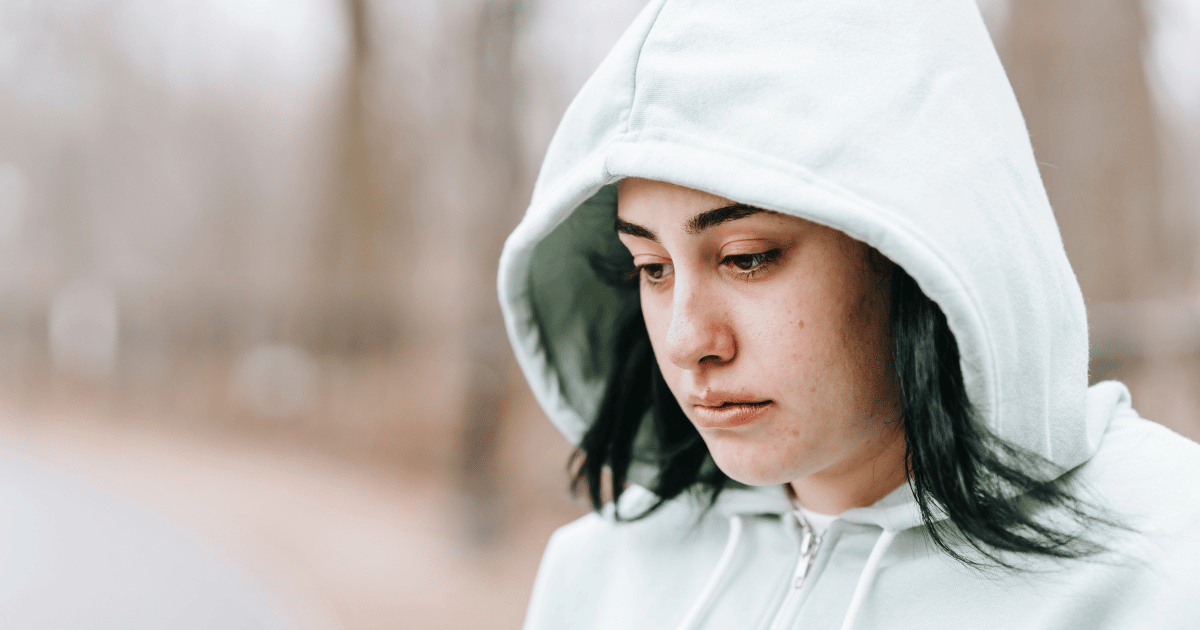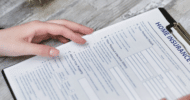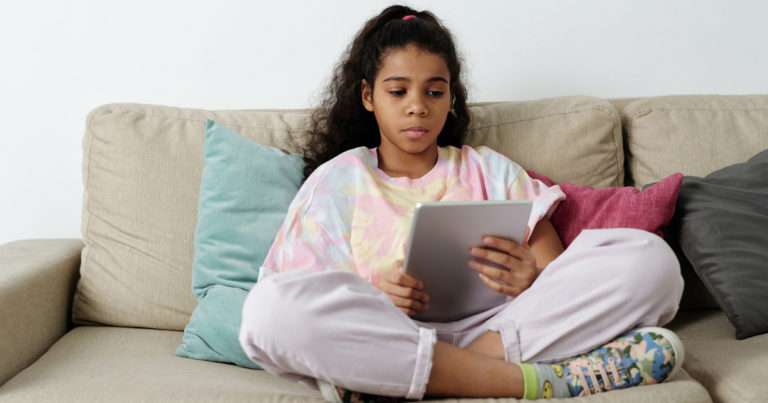
One of the worst mistakes you can make when parenting a teen is to hide your head in the sand when it comes to drugs.
According to the Australian Institute of Health and Welfare:
“24% of young people aged 14–24 engaged in illicit use of drugs (including non-medical use of pharmaceuticals).”
Instead, know the facts, get educated and hope that you never need what you learn.
In this article, we take you through some signs that your child might be using drugs. However, this is not an exhaustive list and if something, anything, doesn’t feel right, reach for help. There is a resource list at the bottom of this page.
Further reading: Addiction and drug facts every parent needs to know.
Is my teen taking drugs? 10 Warning signs you need to know.
1. Changes in habits
One of the first things that parents notice in a teen taking drugs is changes in habits and behaviour.
For example, suddenly changing their friends or joining a new group (that maybe you don’t approve of), staying out late, frequent moodiness, depression, anger and lying.
They may get upset and invent stories when confronted about their actions.
2. Changes in appearance
If your teen is taking drugs, you may notice intentional or unintentional changes in their appearance.
These may be caused by a lack of hygiene and/or grooming, such as greasy hair, messy hair (more so than usual!). Or a different style of fashion, piercings, tattoos, as they try to fit in with a new crowd of people.
3. Irresponsible behaviour
Since risk assessment is pretty much non-existent in a teenage brain, it is hard to know if they are being naturally lackadaisical or if something more sinister is occurring.
Note that drugs and alcohol can impair a teenager’s sense of judgment and self-control, causing irresponsible behaviour. This can manifest in many ways, such as skipping classes, absenteeism and poor grades at school. Your teen may also have difficulties socially due to aggression and hostility.
4. Stealing things
Supporting a drug habit can be expensive.
Your teenager may start stealing money or other items to pay for drugs, or they may borrow money from other people.
Watch out if teachers, classmates and neighbours report missing items or multiple thefts. Also check for missing jewellery and expensive electronics (these could have been pawned) in the house.
5. Asking for more money
It’s normal for teens to ask their parents for extra cash from time to time.
However, if this is a sudden or increasing occurrence and you don’t know where the money is going (combined with the other signs on this list like stealing and deception), your teen may be asking for money in order to buy drugs.
6. Withdrawing from family
Is your teen frequently absent from family gatherings?
Maybe they’ve stopped talking to you about their personal life or stopped asking you for advice.
If they are suddenly withdrawing from parents, siblings and family members, it may be more than the usual moodiness or teenage desire to be left alone. Instead of hanging out with you, they may be spending their time with friends who take drugs.
7. Sneaky or secretive behaviour
Drug use can make teens extremely defensive and protective of their privacy.
You may notice them locking doors, sneaking out at night, and avoiding eye contact. When your outgoing teen suddenly becomes sneaky and secretive (or an introverted teen crawls even further into their shell) and gets angry and even abusive when questioned, it may be time to take a closer look.
8. Drug containers in their room
A tell-tale sign of drug use in teenagers is drug paraphernalia in their room. These can include but are not limited to:
- Syringes
- Rolling papers
- Pipes
- Rags
- Paper bags
- Prescription/OTC drug containers
- Inhalant products
Also look for room sprays/perfumes that mask the smell of smoke and chemicals, eye drops to hide bloodshot eyes and gum/breath mints to cover up alcohol.
9. Obvious physical changes
When a teen taking drugs is under the influence, you may notice physical changes.
The more obvious physical signs of a drug user can include but are not limited to:
- Dilated pupils
- Bloodshot eyes
- Track marks on arms
- Trembling
When not actually under the influence, they may just appear tired and lacklustre with dark bags under their eyes. Unexplained weight loss or weight gain are also possible indicators that they are dabbling in something they shouldn’t.
10. Lack of motivation
In addition to emotional instability, inability to focus and loss of motivation are common among teens taking drugs.
If your teen has lost interest in school activities, hobbies they usually love and socialising, and you often get complaints from teachers about truancy and difficult behaviour, drug use may be the culprit.
Further reading: My tips to get teenagers out of bed in the morning.













